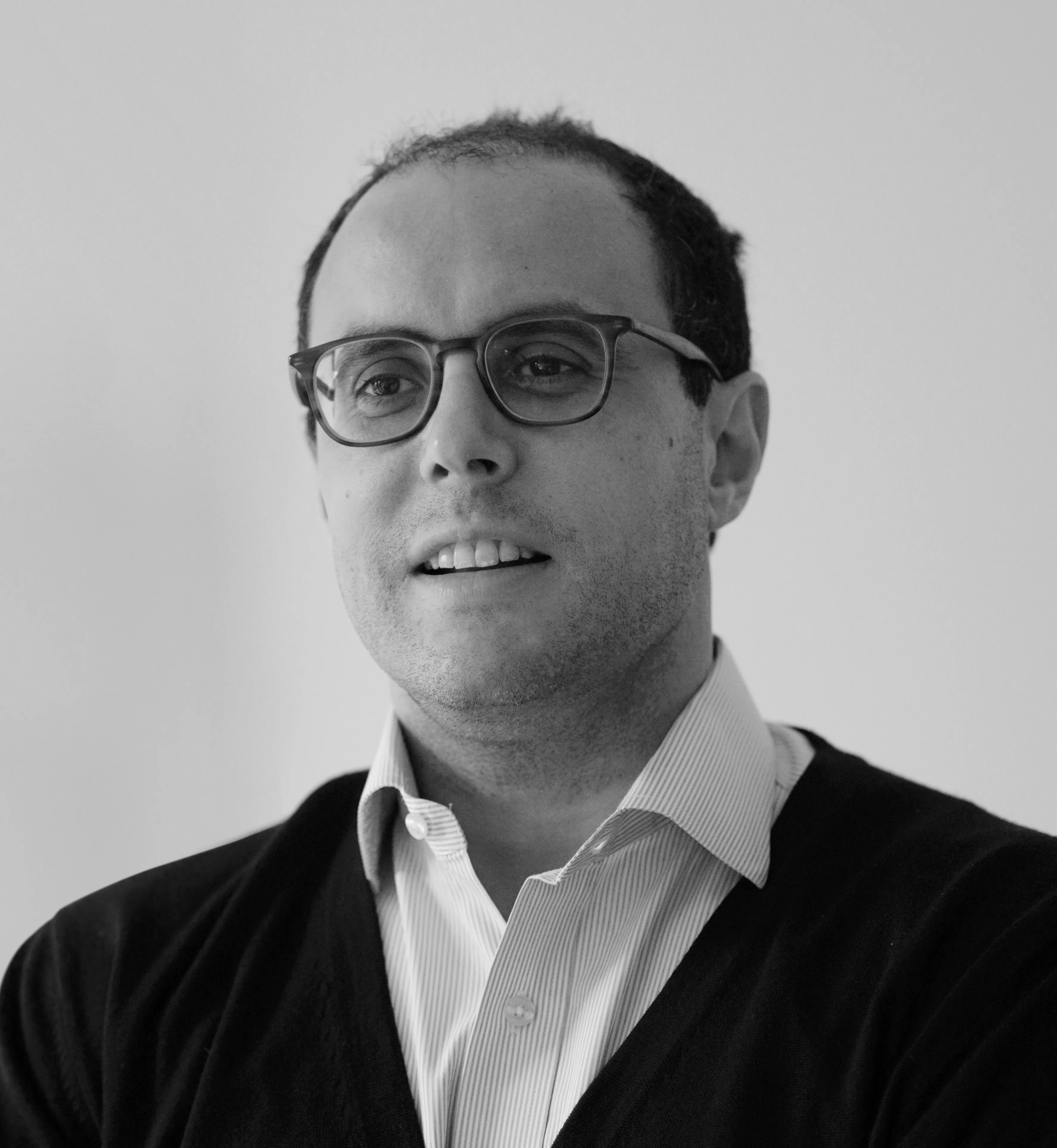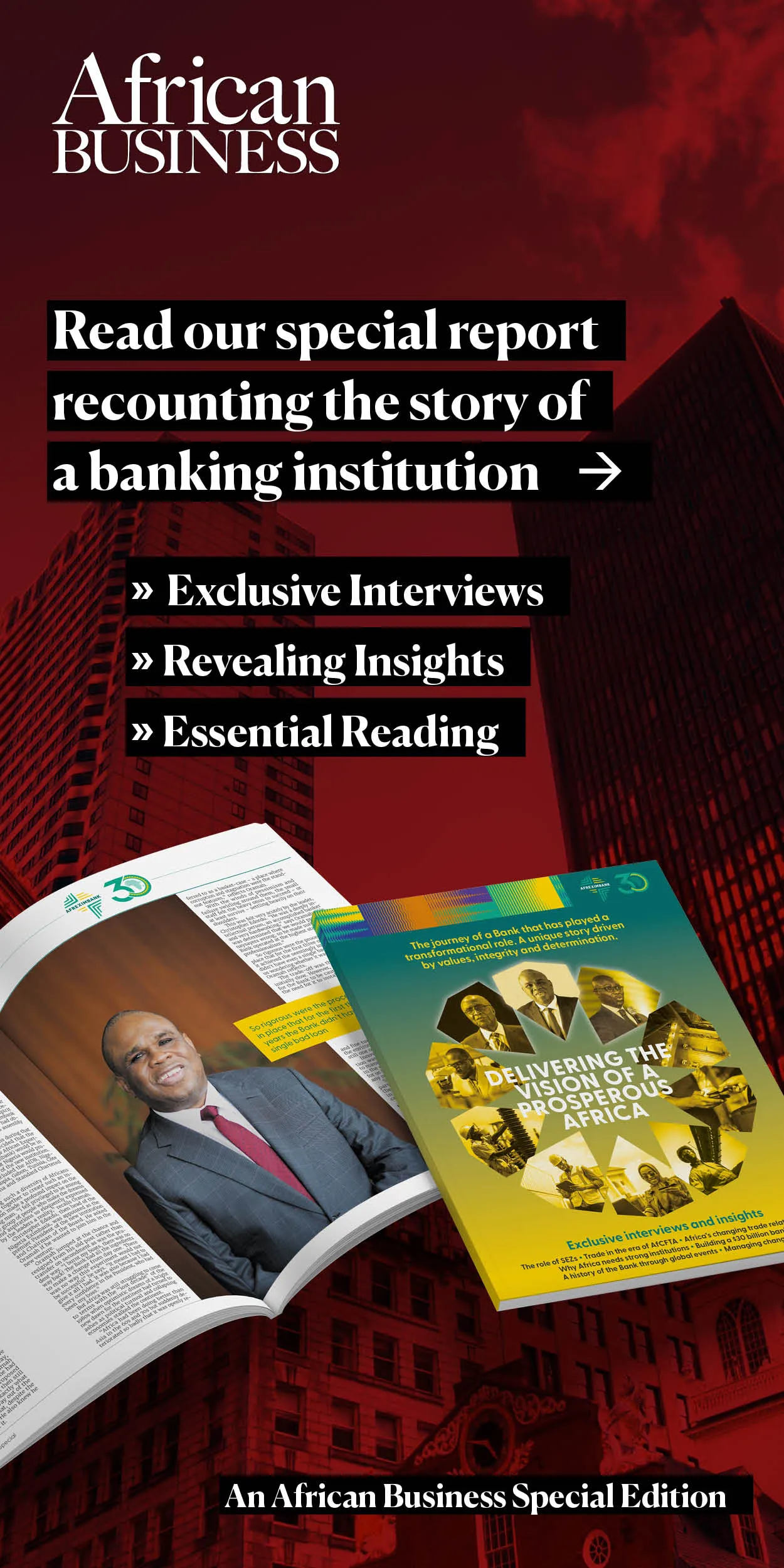This article was produced with the support of Afreximbank
The Fund for Export Development in Africa (FEDA) is another of the initiatives from Afreximbank in pursuit of its overarching mission of promoting trade and economic growth in Africa.
Over its 30-year history, Afreximbank has been actively pursuing this evolving mandate with increasing success. The fund, however, is meant to meet a specific objective that the Bank has identified across Africa’s financial landscape, namely the dearth of patient capital available to economic actors on the continent.
The Bank estimates that the gap for equity capital is in the region of $100bn and with the recent exit of higher value, non-native funds from the continent, this may only widen.
In true fashion, Afreximbank moved to find a solution where it found a problem. The Fund was officially established and launched in 2021 but its operations commenced in 2019.
Headquartered in Kigali, Rwanda, FEDA serves as the impact investment arm of the Bank, with the express objective of addressing the substantial gap in equity and quasi-equity funding that is needed to boost trade and trade related activities as well as value-add export development in Africa.
The areas of focus for the fund include manufacturing, financial services, agribusiness, and essential trade-supporting infrastructure like industrial parks etc.
One of FEDA’s objectives is to help add value to African production and to exit the unhelpful paradigm that has prevailed since colonialism, where African countries export raw materials and import finished goods at several times the value of their exports.
This preponderance of raw materials in Africa’s exports explains, in part at least, why its share of global trade stands at a mere 3%in value, despite the wealth of resources on the continent.
A perfect fit
Last year, Marlene Ngoyi, a Harvard trained banker, joined as the Fund’s CEO. Ngoyi has been in the business for a while, with a resume that spreads across continents and includes leading several financial services companies in East, Central and West Africa.
The pan-African ambition driving FEDA and Afreximbank’s wide footprint and high-impact philosophy were some of the many things that drew her to the job, she says. “One thing that really attracted me is the pan-African aspect. I like the pan-African mandate and for me, it’s the perfect fit because I get to apply my experience from all the key jobs that I have done – commercial banking, investment banking, trade finance and private equity.”
It also helps, she adds, that she gets to work with a talented group of people drawn from different parts of the continent and who bring varying perspectives to the task.
This eclectic group has their work cut out for them. Ngoyi concedes that FEDA’s funds under management, after its first closing in September 2022, is only a drop in the ocean when you look at the $100bn need. Nonetheless, with $670m of assets under management, it is easily one of the top 20 funds focused exclusively on Africa. Its ambition is to double in size by 2025.
Making impact
One challenge is to deploy the funds in ways that would make the most impact and also to use it to catalyse further investment into the continent.
Of the $670m raised, $270m will be applied towards FEDA Direct Equity Fund, which provides equity and quasi-equity financing to businesses aligned with FEDA’s mandate. Another $250m is earmarked for the Strategic Initiatives Fund, which supports critical greenfield projects in the healthcare or trade services sectors for instance.
The remaining funds are allocated to implementation of an Africa Credit Opportunities Fund, which FEDA jointly sponsors with Gateway Partners Group and which will offer credit instruments for the benefit of trade in Africa.
While FEDA sees itself as complementing Afreximbank’s role in the continent, there are still important distinctions. “We go for longer maturity and more flexibility in the way we deploy the capital but the common denominator will always be intra-Africa trade, export development and industrialisation. We have different set of tools that we use to solve the same big issue,” says Ngoyi.
The Bank, as a lender, has different methods and approaches, Ngoyi explains. That being said, there are a lot of synergies and coordination between FEDA and the Bank with joint intervention at different levels of a company’s balaNce sheet when it makes sense for both entities. She notes however that the Bank is able to undertake deals of a higher ticket size than FEDA’s funds would allow.
“What we realised is that there is the need for more patient capital. Trade funding solutions are quite important and medium-term facilities are quite essential. But there is a need for longer-term funding, which is also strategic and comes with a seat on the board so that there can be other, non-financial forms of assistance that can be brought on board. That is where FEDA comes in.”
The approach, she says, is to put skin in the game and be as invested as the entrepreneurs themselves, so that success becomes the shared objective. “We are not just providing short term or medium-term debt; we provide longer term instruments and are there with the sponsors for the long run, sharing the execution risks throughout the harvesting period” she emphasises.
One of the ways that this has manifested is FEDA’s $85m investment into ARISE Integrated Industrial Platforms, an infrastructure developer and operator that has recently accelerated its expansion across the continent.
Ngoyi says the landmark transaction is a demonstration of the approach and a model of how FEDA is approaching its mandate. “Arise is an obvious one. It is present in 11 countries and has a transformational impact on the economies in which it operates in terms of industrialisation and promoting value-add exports.
It also operates in a sustainable way, using best practice and that is one of the things that we insist on, that the businesses satisfy high standards. So that’s a big one.”
There are exciting investments on the way. “We have a lot of transactions we are working on, some of which we will be announcing very soon. A lot of them will be strategic and have a transformative effect in the countries where they are.”They will be investments in companies that are important in the local economies and also have strong prospects for growth.
Long-term plans
Much like Afreximbank, FEDA operates long-term plans that guide its activities. Over the course of the next few years, it hopes to boost its own war chest, as well as seek partnerships with other firms, helping to direct more funds towards its strategic objectives.
“It is important to us to be the catalyst that brings in more investors. It is important that besides having a sizable platform and replicable projects, that we can bring in large players to come in as co-investors in some of our projects. So that we can say to them, for instance, that we have Arise and we have been able to do it in 10 countries but we can do it in 30 or 40 countries so come and partner with us to do that.”
A fundraising drive is also on the horizon. “Over the next two years, we hope to reach our target of $1.3bn and this will be from our partner development finance institutions, sovereign funds and other regional and international institutional investors.
“This is important because we have seen the business models that work in Africa and we believe that there should be opportunities for them to scale and to multiply by attracting more capital.”

 Sign in with Google
Sign in with Google 
